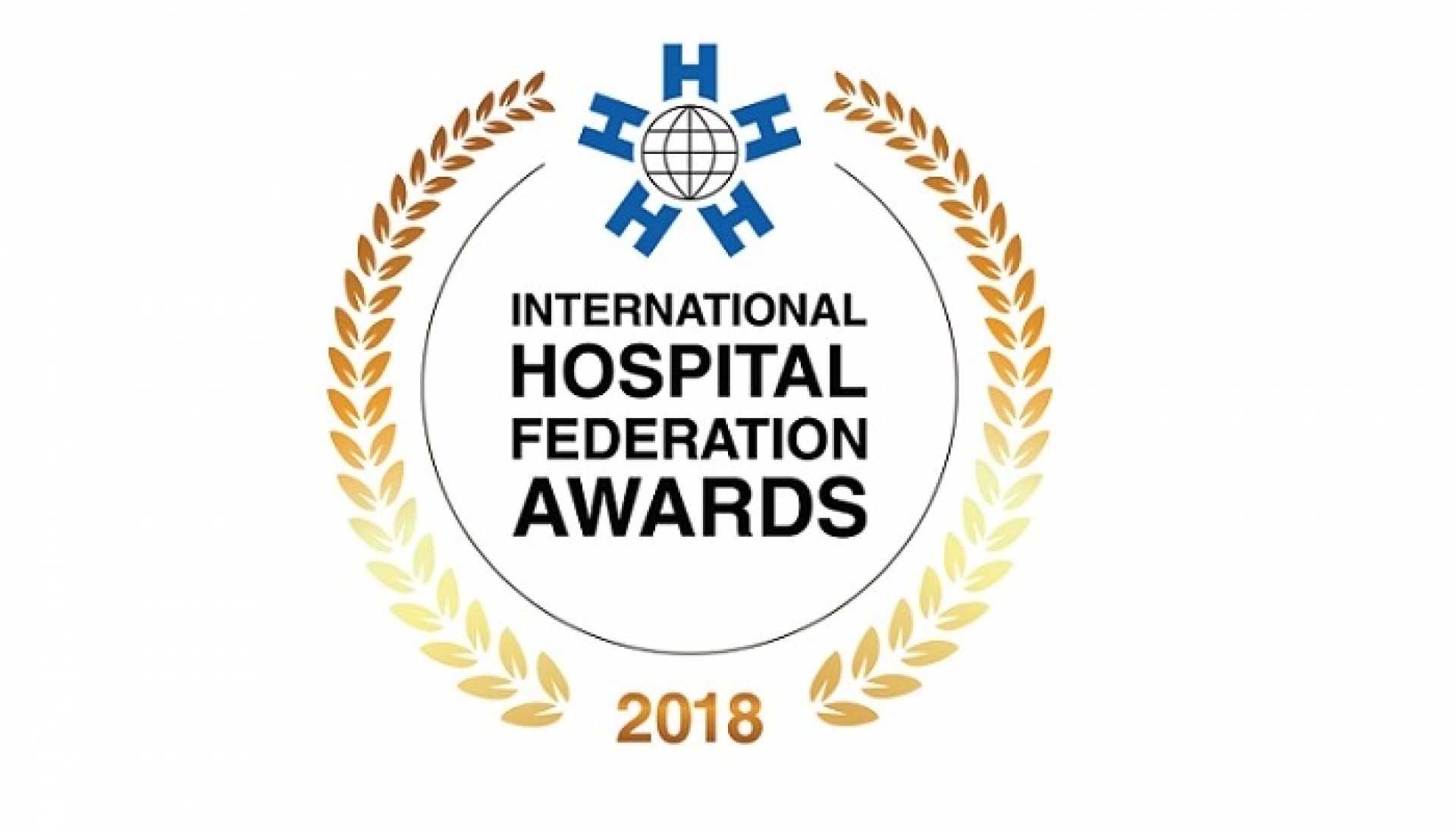ARTEMIS
Gurgaon, India
Artemis Hospital, established in 2007, spread across 9 acres, is a 400 plus bed; state-of-the-art multi-specialty hospital located in Gurgaon, India.Artemis Hospital is the first JCI and NABH accredited hospital in Gurgaon.Designed as one of... read more
Send EnquiryAbout The Hospital

ARTEMIS Testing Award1
Artemis Hospital, established in 2007, spread across 9 acres, is a 400 plus bed; state-of-the-art multi-specialty hospital located in Gurgaon, India.
Artemis Hospital is the first JCI and NABH accredited hospital in Gurgaon.
Designed as one of the most advanced in India, Artemis provides a depth of expertise in the spectrum of advanced medical & surgical interventions, comprehensive mix of inpatient and outpatient services.
Artemis has put modern technology in the hands of renowned from across the country and abroad to set new standards in healthcare.
The medical practices and procedures followed in the hospital are research oriented and bench marked against the best in the world.
Top-notch services, in a warm, open centric environment, clubbed with affordability, has made us one of the most revered hospitals in the country.
In 2011 it received the 'Asia Pacific Hand Hygiene Excellence Award' by WHO.
Along with state-of-the-art infrastructure, the hospital excels in the fields of cardiology, CTVS Surgery, neurology, neurosurgery, Neuro interventional, oncology, Surgical Oncology, orthopedics , Spine Surgery, Organ Transplants, General Surgery ,emergency care &Women & child care
Treatments Offered
Top Doctors
Cardiac Surgeon
CONSULTS ATAll India Institute of Medical Sciences +1
EXPEREIENCE :25 years SURGERIES :
3333+
Treatment Price on request
Free Text ConsultTreatment Price on request
25 years SURGERIES :
3333+ TREATMENT COST
Treatment Price on request
CONSULTS AT
All India Institute of Medical Sciences +1
EXPEREIENCE :NA SURGERIES :
466+
Treatment Price on request
Free Text ConsultTreatment Price on request
NA SURGERIES :
466+ TREATMENT COST
Treatment Price on request
Treatment Starting at $46
Free Text ConsultTreatment Starting at $46
24 years SURGERIES :
10000+ TREATMENT COST
Starting at $46
Treatment Price on request
Free Text ConsultTreatment Price on request
5 years SURGERIES :
5+ TREATMENT COST
Treatment Price on request
Patient Testimonials
Nearby Guest House
Team & specialisation
Infrastructure

Number Of Beds
350. ICU-64

Operation Theatres
NA

No Of Surgeon
5
Blogs

Bone Marrow
Bone marrow is a soft, spongy tissue found inside the bones of the body. It is responsible for producing and housing various types of blood cells, including red blood cells, white blood cells, and platelets.There are two types of bone marrow:Red marrow: Red marrow is found mainly in the flat bones, such as the hip bones, breastbone, skull, ribs, and vertebrae. It is responsible for producing red blood cells, platelets, and some types of white blood cells.Yellow marrow: Yellow marrow is found in the central cavities of long bones, such as the femur and humerus. It consists mainly of fat cells and serves as a storage site for fats. However, in certain situations, such as severe blood loss or certain diseases, yellow marrow can be converted back to red marrow to produce more blood cells.The process of blood cell production in the bone marrow is called hematopoiesis. It involves the differentiation and maturation of stem cells into specific types of blood cells. Red blood cells transport oxygen, white blood cells help in fighting infections, and platelets are involved in blood clotting.In addition to blood cell production, the bone marrow is also a vital part of the immune system. It contains immune cells, such as lymphocytes, which play a crucial role in the body's defense against infections and diseases.Bone marrow transplantation, also known as hematopoietic stem cell transplantation, is a procedure in which healthy stem cells are introduced into the bloodstream to replace damaged or destroyed bone marrow. This procedure is commonly used to treat certain cancers, such as leukemia, lymphoma, and multiple myeloma, as well as other conditions like severe aplastic anemia and immune system disorders.Bone marrow donation can come from two sources:Autologous transplantation: In this case, the patient's own bone marrow or stem cells are collected, stored, and later infused back into their body after high-dose chemotherapy or radiation treatments. This method allows the patient to receive their own cells and reduces the risk of rejection.Allogeneic transplantation: Here, the donor is a compatible individual, typically a sibling or an unrelated donor whose tissue type matches the recipient's. The donor's bone marrow or stem cells are collected and then infused into the patient's bloodstream.Bone marrow transplantation is a complex procedure that requires specialized medical expertise and careful matching of donor and recipient. It carries potential risks and complications, including graft-versus-host disease (GVHD) in allogeneic transplants, infections, and side effects from conditioning treatments.If you are interested in bone marrow donation or require further information about bone marrow transplantation, I would recommend consulting with a healthcare professional or reaching out to organizations that specialize in this area, such as bone marrow registries or transplant centers.











